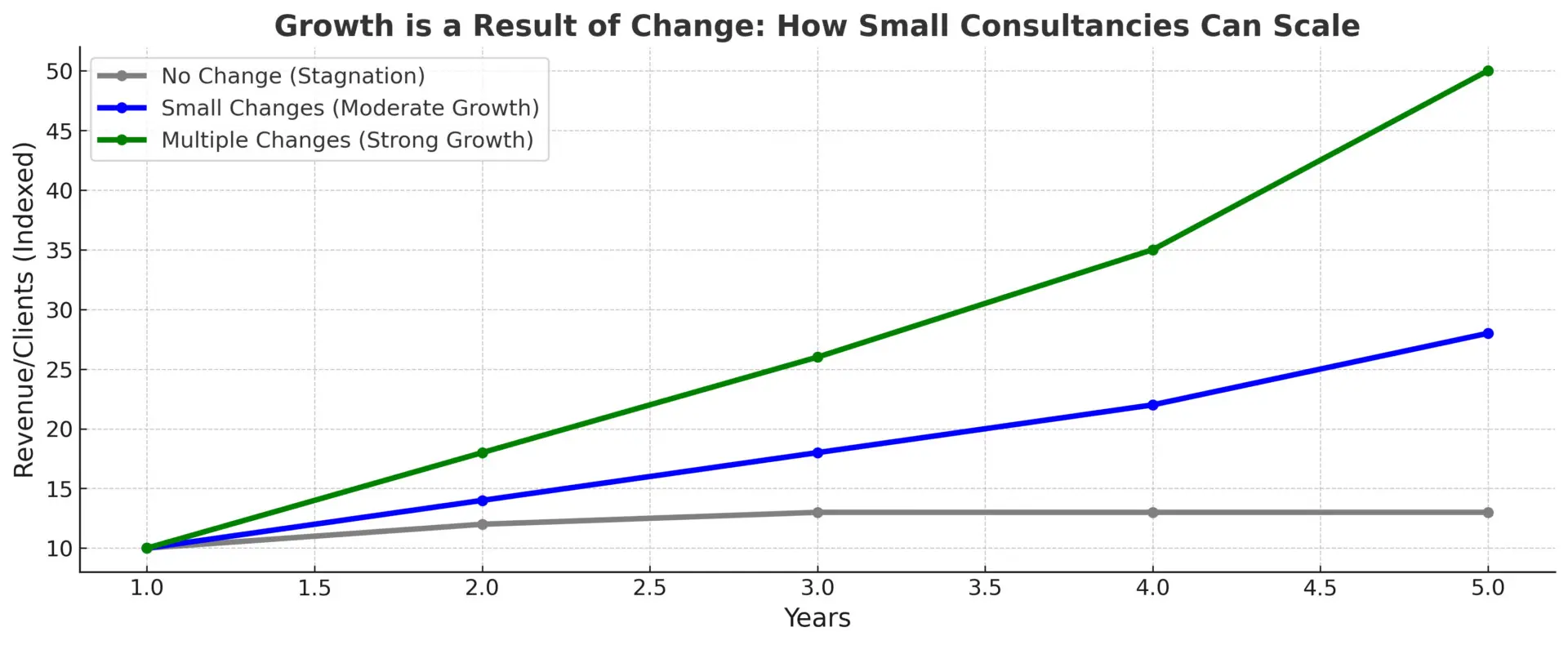
The Emotionally Intelligent Manager by David R. Caruso and Peter Salovey is an insightful, practical guide that delves into the heart of what makes a successful leader – the ability to understand, harness, and manage emotions effectively. Drawing on decades of research, Caruso and Salovey unpack the complex concept of emotional intelligence (EI), breaking it down into four key skills tailored specifically for managers. Their model offers a structured approach to developing emotional intelligence, moving beyond abstract concepts into actionable steps for enhancing one’s leadership style and workplace relationships.
The authors focus on four main emotional intelligence skills that they argue are critical for effective management:
Caruso and Salovey illustrate each skill with examples, exercises, and real-life scenarios, making the book an accessible manual for both new and seasoned managers. Their approach is highly practical, encouraging readers to engage in reflective practices and skill-building exercises to gradually integrate these emotional skills into their daily routines.
David R. Caruso is a psychologist and expert in emotional intelligence, especially in its applications within leadership and management. As a founding member of the Emotional Intelligence Skills Group, Caruso has focused on helping organizations implement EI strategies that improve performance, morale, and collaboration. His expertise in practical EI applications shines through in his contributions to the book, particularly in the real-world exercises that he encourages readers to try.
Peter Salovey is a prominent figure in psychology and one of the pioneers in the field of emotional intelligence, having co-developed the concept with John D. Mayer in the 1990s. His extensive research has shaped our understanding of how emotions play a crucial role in cognitive processes, decision-making, and interpersonal relationships. Salovey’s contributions to the book provide a solid theoretical framework, showing that EI is more than just a soft skill; it is a scientifically grounded approach to enhancing leadership effectiveness.
The Emotionally Intelligent Manager distinguishes itself from other books on emotional intelligence by providing a structured, skill-based approach to developing EI in a leadership context. The authors make a compelling case that EI is not just an innate trait but a set of skills that can be learned and improved over time. The exercises and reflective practices included throughout the book make the concepts tangible and actionable, allowing readers to see immediate improvements in their self-awareness, empathy, and management skills.
Moreover, Caruso and Salovey’s emphasis on using emotions as a data source in decision-making is a refreshing take, challenging the traditional view of emotions as something to be “managed” or controlled. Instead, they argue that emotions can inform better decisions, foster creativity, and help build stronger teams.
While the book is highly practical, some readers might find the exercises challenging to implement consistently without a supportive workplace culture that values emotional intelligence. Additionally, the book could benefit from more discussion on how EI skills apply across different cultures, as emotional expression and interpretation can vary significantly.
The Emotionally Intelligent Manager is a valuable resource for any manager or leader interested in cultivating a more emotionally aware and empathetic management style. Caruso and Salovey bring both scientific rigor and practical insights to the topic, making the book suitable for readers new to emotional intelligence as well as those looking to deepen their understanding of EI. In a world where emotional intelligence is increasingly recognized as critical to effective leadership, this book is an essential read for anyone seeking to lead with both heart and mind.


